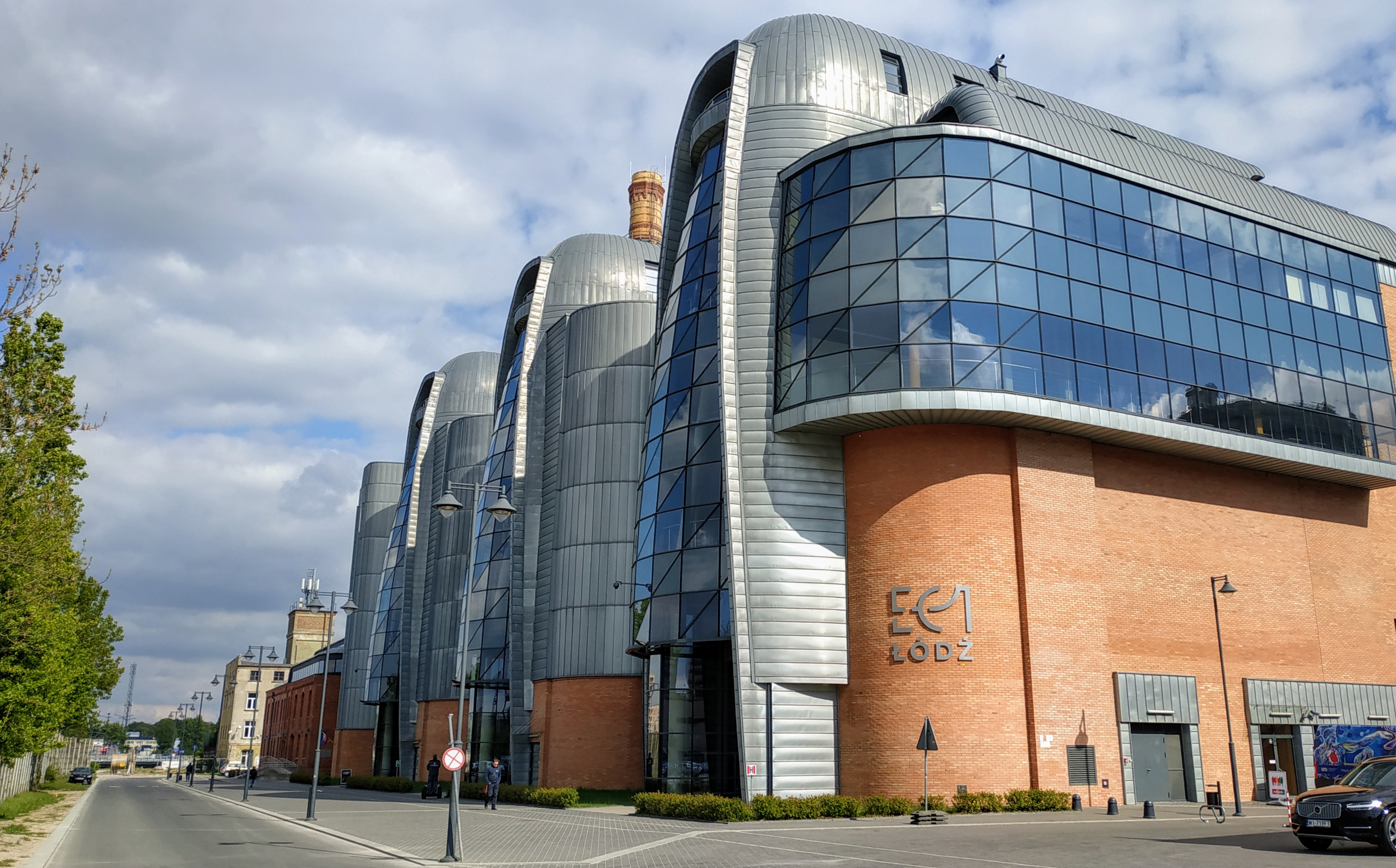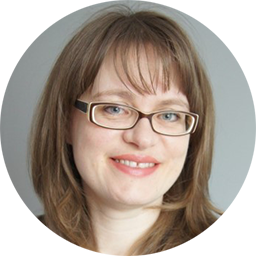
Here are the instructions how to enable JavaScript in your web browser
Lodz is the third largest city in Poland and this is a city of contrasts which intrigues almost at every step. It is full of factories and, at the same time, it is very green; eclectic but also avant-garde. Lodz dazzles with the lavishness of factory owners’ palaces and astonishes with artistic installations.
Although the history of the city spans over six hundred years, the dynamic development of Lodz came a little less than 200 ago. From a small town it was in the beginning of the 19th century, it quickly became the “promised land” giving dozens of thousands of families hope for a better tomorrow. Around the city, you can find numerous traces of the multicultural working class melting pot. Lodz was such a pot up to World War II. After the war, having become the cinematic capital of Poland, it opened another important chapter of its history. In 2017 Łódź was inducted into the UNESCO Creative Cities Network and named UNESCO City of Film.
It is located in the very heart of Poland, at the crossing of two main highways – you could say that all the roads lead to… Lodz.
The age structure of the inhabitants of Lodz is challenging. In two years' time, people aged over 65 years will be a quarter of Lodz, and in 2050 as much as 37 percent.
Unfavourable changes in the age structure of the population, such as a decrease in the percentage of people at working age and an increase in the number of people over 65, will have a significant impact on the supply and demand for care, rehabilitation and medical services. The demand for services for the organization of care for the elderly will increase particularly, ie the organization of care, social and health services. At the same time, the supply of employees providing these services will decrease relatively, and supply may drop.
Presenting the current forms of care for seniors, three basic pillars should be distinguished:
Our key aim in this project was to bring together medical and social care for positive effects on seniors' health.
In Poland, there is no formal integration between medical care and social care and informal support from the family, volunteers and private companies. There is also no coordination in the organization of care and comprehensive coverage of the elderly's health needs. Taking into account the specificity of the target group (people 60+ from Lodz), we saw the need for coordination. There are already several pilot models of coordinated care in Poland, including, for example, elderly people with COPD, perinatal care.
Geriatrics Clinic (Department of Geriatrics) in the Na Stoki Hospital WAM will try to take up this challenge, also to identify difficulties and opportunities in this area.
Tomasz Kostka: tomasz.kostka(at)umed.lodz(dot)pl
Agnieszka Guligowska: agnieszka.guligowska(at)umed.lodz(dot)pl

vigour(at)empirica(dot)com
 |
 |
 |
| Tomasz Kostka | Agnieszka Guligowska | Kinga Zel |